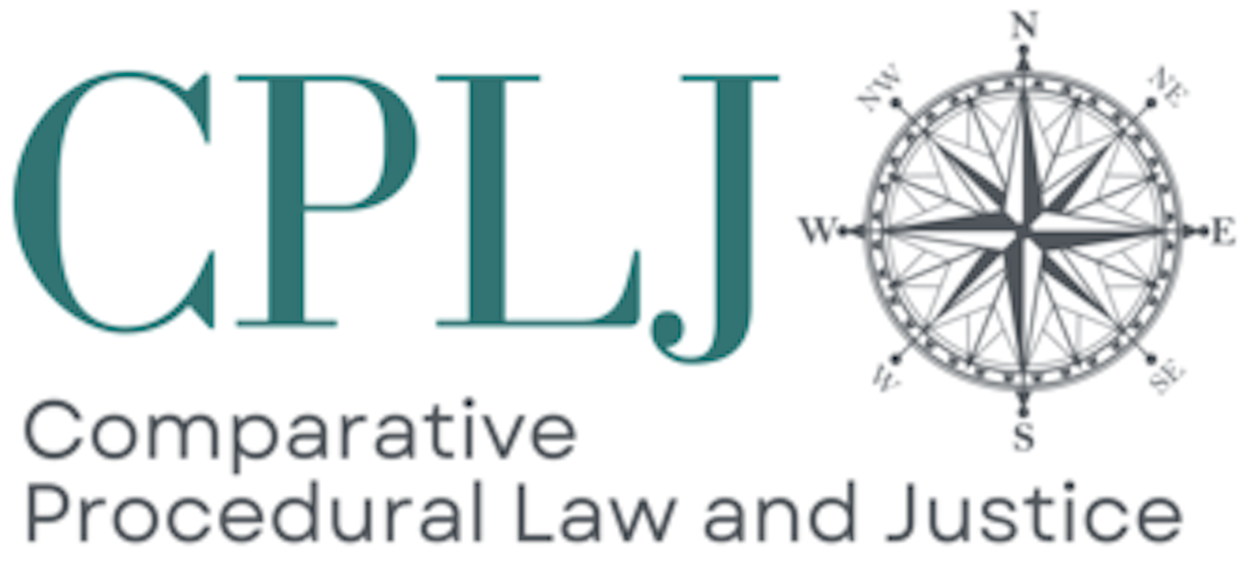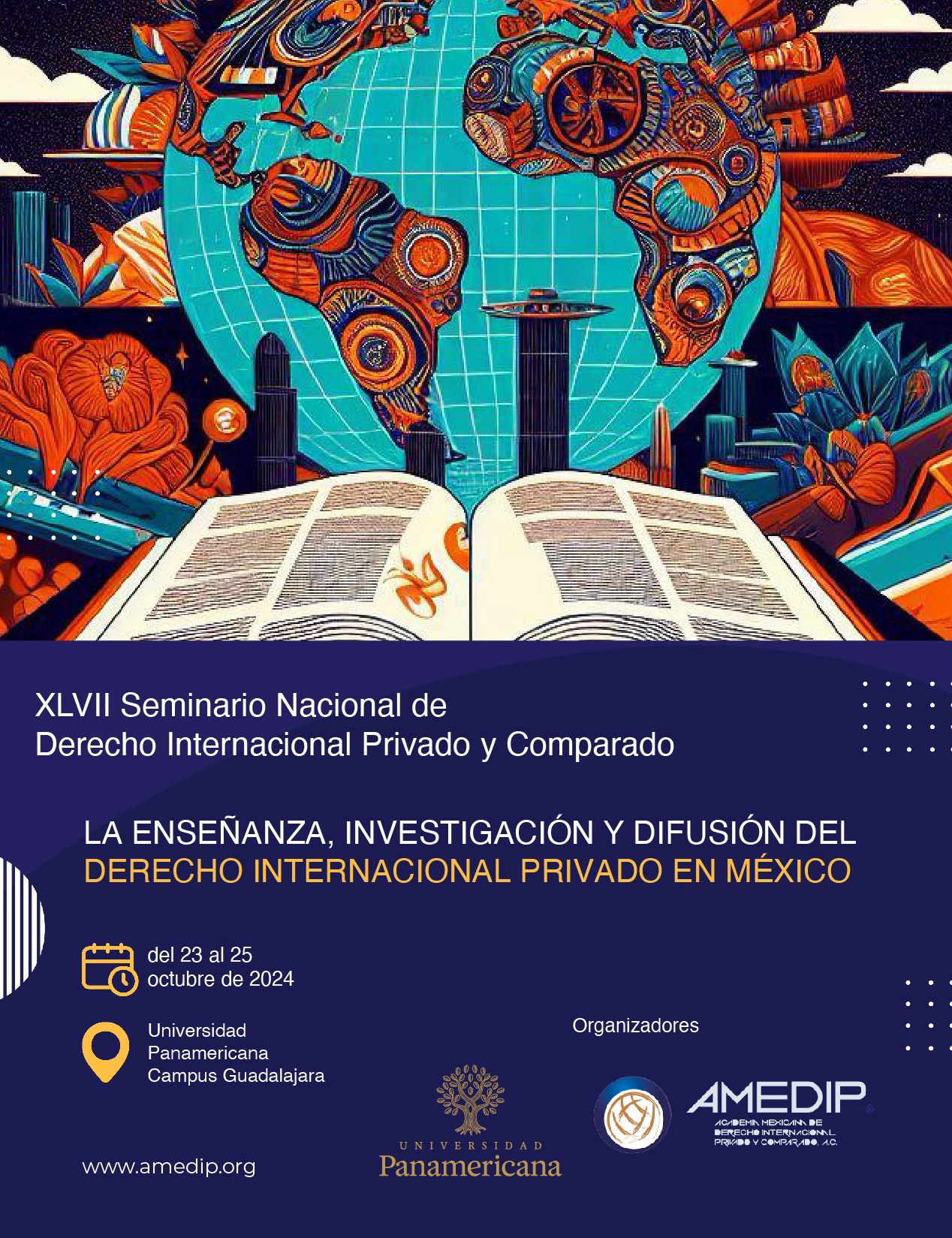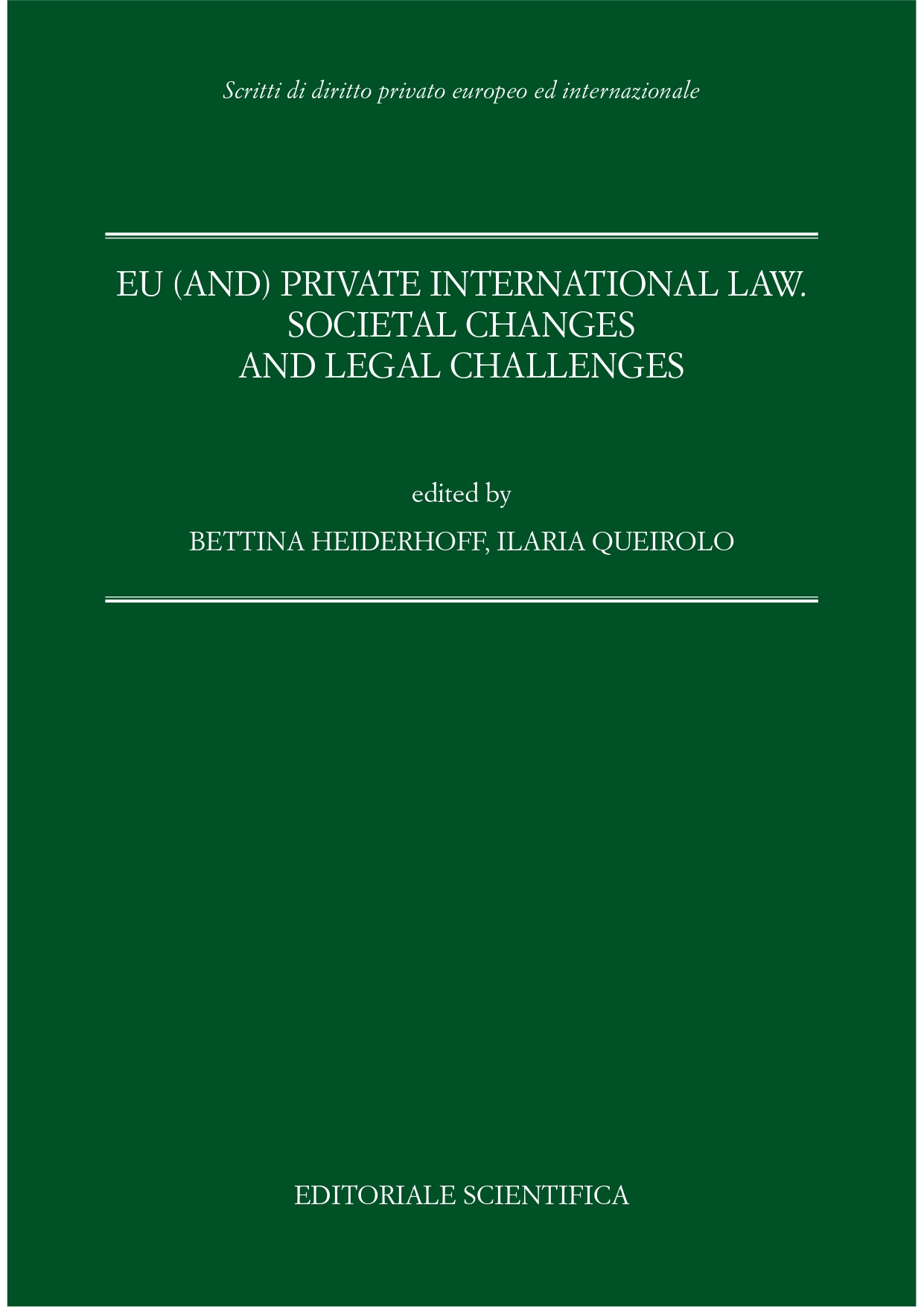Comparative Procedural Law and Justice Final Conference in Luxembourg (11–12 July 2024)
On 11 and 12 July 2024, the Comparative Procedural Law and Justice (CPLJ) Final Conference will take place at the University of Luxembourg. The organizers have kindly shared the following announcement with us:
The conference will be held in a hybrid format and participation is free of charge. A brief description of the background of the CPLJ project and the final conference is provided below, together with the registration details.
The Project
 CPLJ is a global project on comparative civil justice, which was launched in September 2020 by the former Max Planck Institute Luxembourg for Procedural Law with the financial support of the Luxembourg Research Fund (FNR). The project was designed to provide a comprehensive analysis of comparative civil procedural law and contemporary civil dispute resolution mechanisms.
CPLJ is a global project on comparative civil justice, which was launched in September 2020 by the former Max Planck Institute Luxembourg for Procedural Law with the financial support of the Luxembourg Research Fund (FNR). The project was designed to provide a comprehensive analysis of comparative civil procedural law and contemporary civil dispute resolution mechanisms.
Against this backdrop, CPLJ seeks to understand procedural rules within their cultural contexts and to identify effective approaches for resolving civil disputes. Moreover, it examines current developments in comparative civil procedure on a global scale, including the impact of information technologies, the growth of alternative dispute resolution methods, recent trends in access to justice and litigation funding, the complexities of collective litigation, and the increasing demands for transparency and independence within justice systems. These and other topics are addressed in sixteen thematic segments drafted by multi-jurisdictional author teams.
Over one hundred scholars from around the world actively participated in the genesis of CPLJ. They were guided by a Board of General Editors, consisting of Prof. Burkhard Hess, Prof. Margaret Woo, Prof. Loïc Cadiet, Prof. Séverine Menetry and Prof. Enrique Vallines. An Advisory Board of twelve esteemed scholars provided additional scientific support. Each of the sixteen author teams was led by a coordinator, who is a distinguished professor affiliated with a prestigious university or research institution. The multi-jurisdictional background of the individual members of the author teams ensures a global perspective.
The Final Conference
The final conference presents the results of the four-year CPLJ project. The rich two-day program encompasses numerous presentations by distinguished speakers who are contributors to the project, always followed by a discussion. The speakers will present highlights of their teams’ comparative procedural law research in their respective thematic segments.
The final conference additionally marks the launch of the CPLJ website that will host the thematic segments and the various contributions to those segments after their completion. The website will be open-access and is expected to become one of the major reference works for comparative civil procedural law for many years to come.
Make sure to register in time and please indicate whether you expect to attend in-person or online. The full program and registration details can be found here. We look forward to welcoming many attendants in Luxembourg to celebrate the conclusion of this exciting project with us.



 Germany) brings together PhD candidates for a set of seminars through the
Germany) brings together PhD candidates for a set of seminars through the